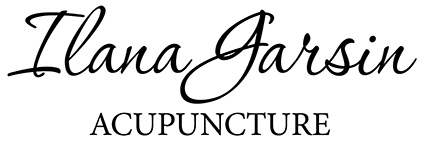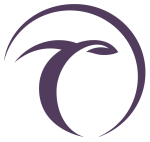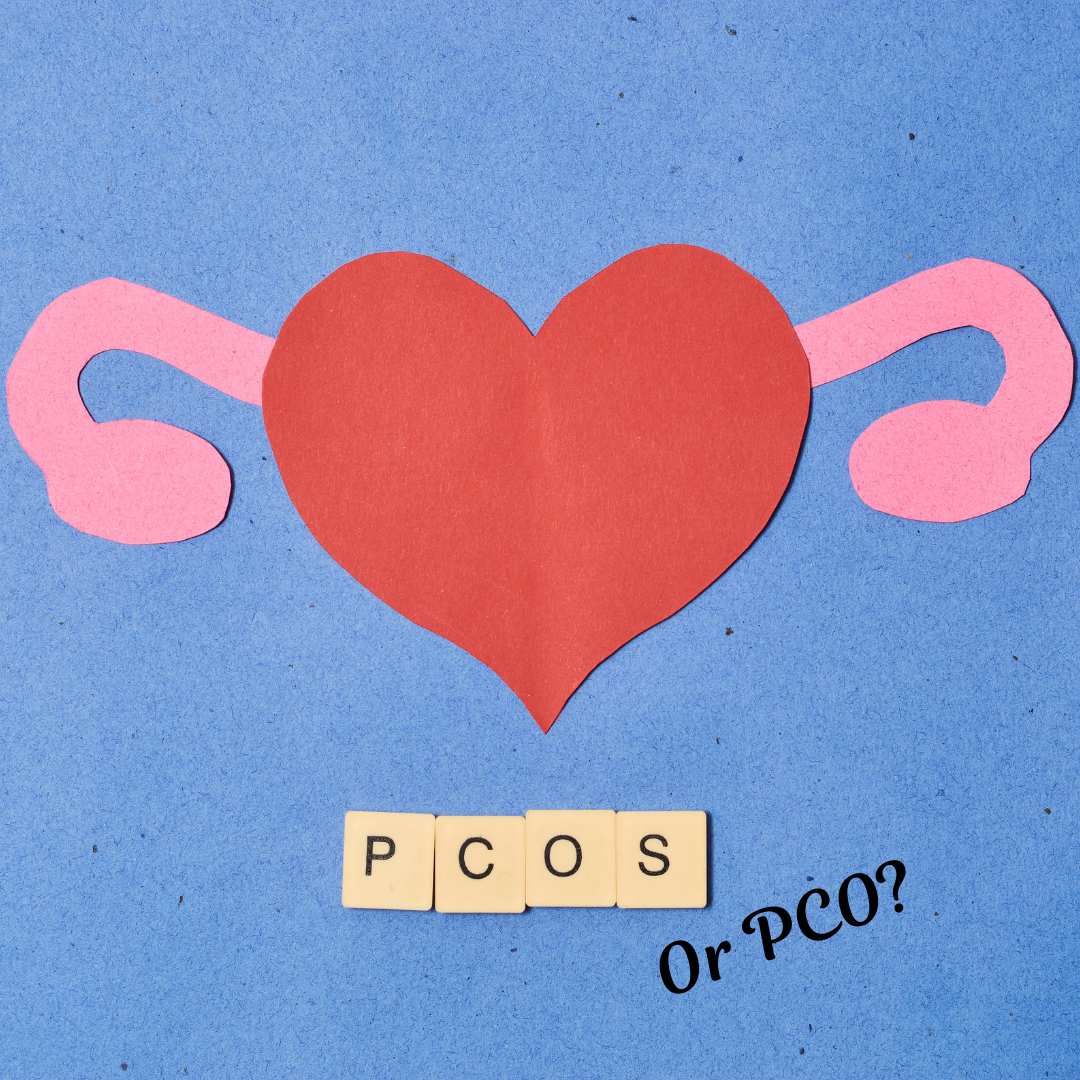“Do I Have PCOS or Just PCO?” Let’s Clear This Up…
I’m always amazed when patients come to me saying they’ve been told they have PCOS—only to discover after a deeper look that they actually have PCO.
Let me be clear: I’m not surprised at my patients. I’m amazed (and honestly frustrated) that many doctors don’t take the time to explain the difference clearly.
That’s why I’ve written this blog—to help you understand exactly what’s going on with your body, so you can feel more empowered, informed, and confident about your next steps.
Because knowing the difference between PCO and PCOS can make all the difference in how you support your fertility and hormone health.
If you’ve ever been told you have “cysts on your ovaries,” your first thought might be: “Do I have PCOS?” It’s a common confusion — and an important one to clear up.
Let’s break down the difference between PCO (polycystic ovaries) and PCOS (polycystic ovary syndrome) — and explore how acupuncture can play a powerful role in supporting women with PCOS.
What Is PCO?
PCO stands for polycystic ovaries. It simply means your ovaries contain more follicles than average, usually seen on an ultrasound.
✅ Key facts about PCO:
- It’s a normal finding in many women, especially in younger or lean individuals.
- These aren’t true “cysts” — they’re actually immature follicles.
- PCO doesn’t come with symptoms.
- It doesn’t require treatment and doesn’t mean you have PCOS.
What Is PCOS?
PCOS (Polycystic Ovary Syndrome) is a hormonal and metabolic condition that affects ovulation, menstrual cycles, and overall health.
Symptoms can include:
- Irregular or missing periods
- Acne and oily skin
- Excess hair growth (hirsutism)
- Hair thinning or loss
- Weight struggles
- Difficulty conceiving
To be diagnosed with PCOS, most guidelines (like the Rotterdam criteria) require at least two of the following:
- Irregular or absent ovulation
- Signs of high androgens (male hormones) — this can show up in a blood test or symptoms, as mentioned above.
- Polycystic ovaries on ultrasound
👉 Bottom line: You can have PCO without having PCOS, and you can have PCOS without visible PCO on ultrasound.
Why the Difference Matters
Confusing PCO with PCOS can lead to:
- Unnecessary worry
- Misdiagnosis
- Inappropriate treatment like hormonal birth control or insulin-sensitizing drugs when they may not be needed
Knowing which one you have helps guide the right support — especially if you’re trying to balance your hormones, manage cycles or improve fertility.
How Acupuncture Can Help with PCOS
While PCO doesn’t require treatment, PCOS does — and this is where acupuncture can offer real, evidence-based support.
Benefits of Acupuncture for PCOS:
- Regulates the Menstrual Cycle – Acupuncture has been shown to stimulate ovulation and help restore regular periods — especially in women who aren’t ovulating regularly due to PCOS.
- Balances Hormones – It may reduce high levels of luteinising hormone (LH) and testosterone, both of which are commonly elevated in PCOS.
- Improves Insulin Sensitivity – PCOS is often driven by insulin resistance. Acupuncture can help regulate blood sugar and improve insulin function, especially when combined with diet and lifestyle changes.
- Reduces Stress and Cortisol – Chronic stress worsens hormonal imbalance. Acupuncture supports the nervous system, lowers cortisol, and promotes a sense of calm — all of which help balance the hormonal environment.
- Supports Fertility – By promoting ovulation, improving blood flow to the reproductive organs, and reducing inflammation, acupuncture can enhance natural fertility or improve the success of fertility treatments like IVF.
What to Expect in a PCOS Acupuncture Session
- Gentle, tailored needling to specific hormone-regulating points
- Lifestyle and nutritional recommendations
- Possible inclusion of herbal medicine
- Relaxing sessions, often once or twice a week to start
Many women begin noticing more regular cycles, improved skin, reduced PMS and better overall energy and mood within a few weeks.
Knowing the difference between PCO and PCOS empowers you to make informed decisions about your body. And if you are navigating PCOS, acupuncture offers a natural, supportive and science-backed option to help you restore hormonal balance, reduce symptoms and feel better in your cycle.
Ready to feel more in control of your hormones and fertility?
If you’ve been told you have PCOS—or you’re not even sure what’s really going on—let’s work through it together.
I’ll help you understand your diagnosis, explore any missing tests and support your hormone health and fertility naturally through acupuncture and personalised guidance.
Send me a message or book a call today—you don’t have to figure this out alone.


